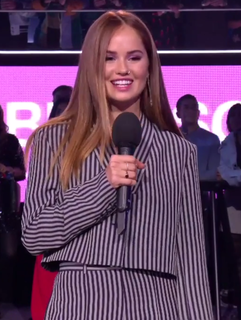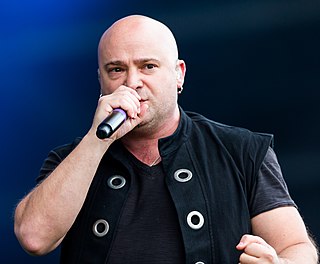A Quote by Colson Whitehead
I think a joke is a form of truth-telling. A good joke that's absurd contains elements of our daily darkness and also a possibility to escape that darkness. So, for me, humor is an attempt to capture everyday tragedy and everyday hopeful moments that we experience all of the time.
Related Quotes
I think the saddest moments in life have humor in them. I have a memory of coming home from a funeral with my family in the back of a limousine and someone cracking a joke and us just hysterically belly laughing. It's how we always dealt with tragedy in our lives and I think it's such a healthy way to deal with sadness.
I had an awful joke about Auschwitz I drove everybody crazy with that joke. But that joke makes me feel good. You know what "cuit" means? When something is cooked. It's a joke like that: "What are the birds doing when they fly over Auschwitz? 'Cuit! Cuit!'" It's awful, but it's desacralizing. For me, it's good.
A form wherein we can enjoy simultaneously what is best in both the novel and the short story form. My plan was to create a book that affords readers some of the novel's long-form pleasures but that also contains the short story's ability to capture what is so difficult about being human - the brevity of our moments, their cruel irrevocability.





































